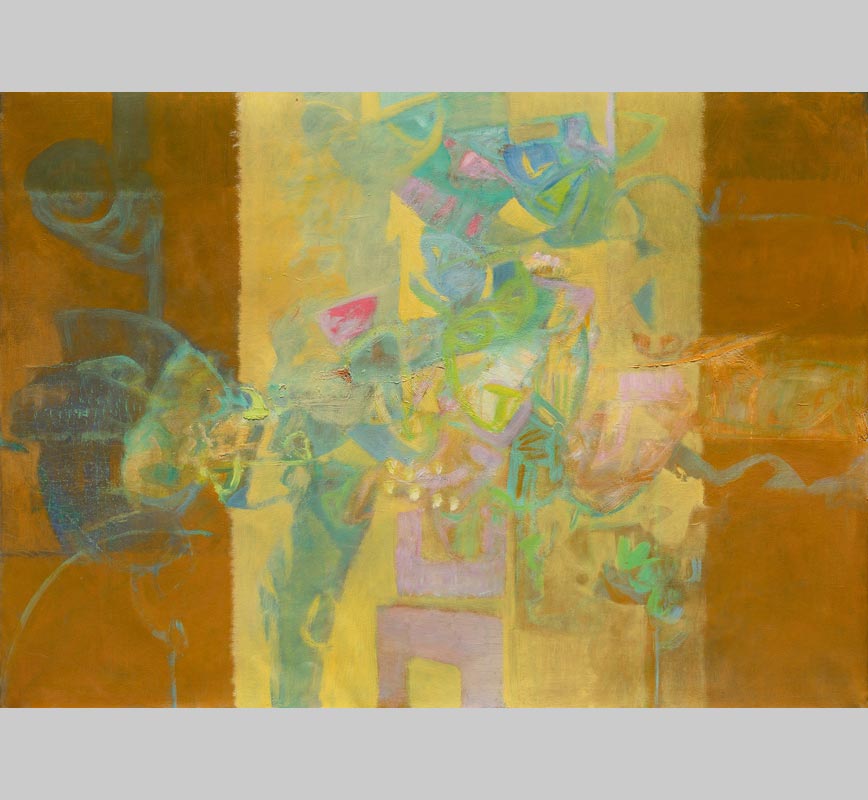
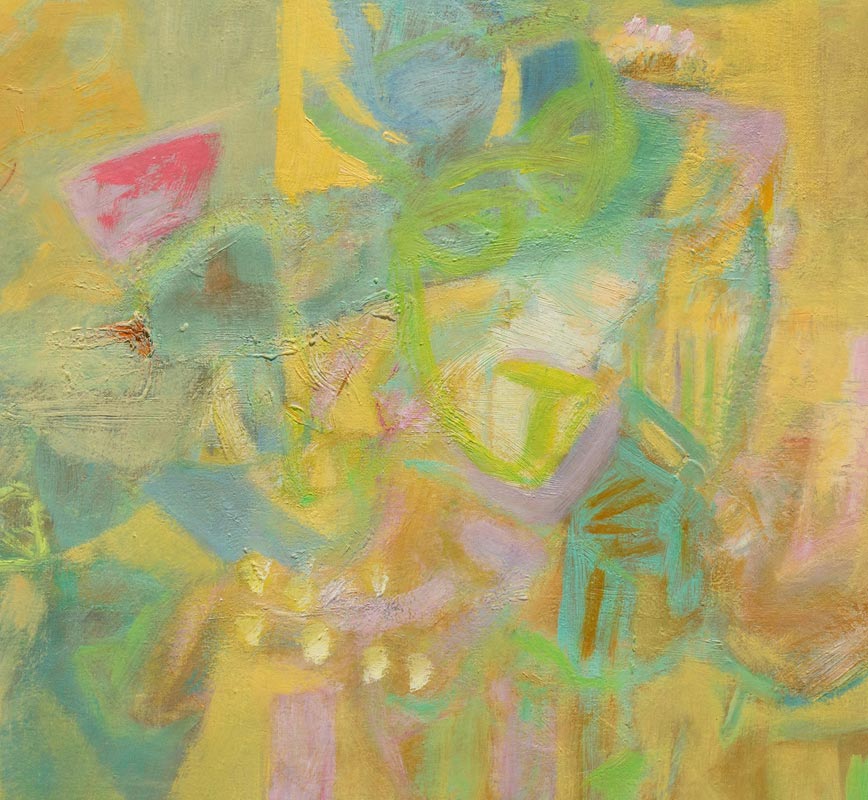
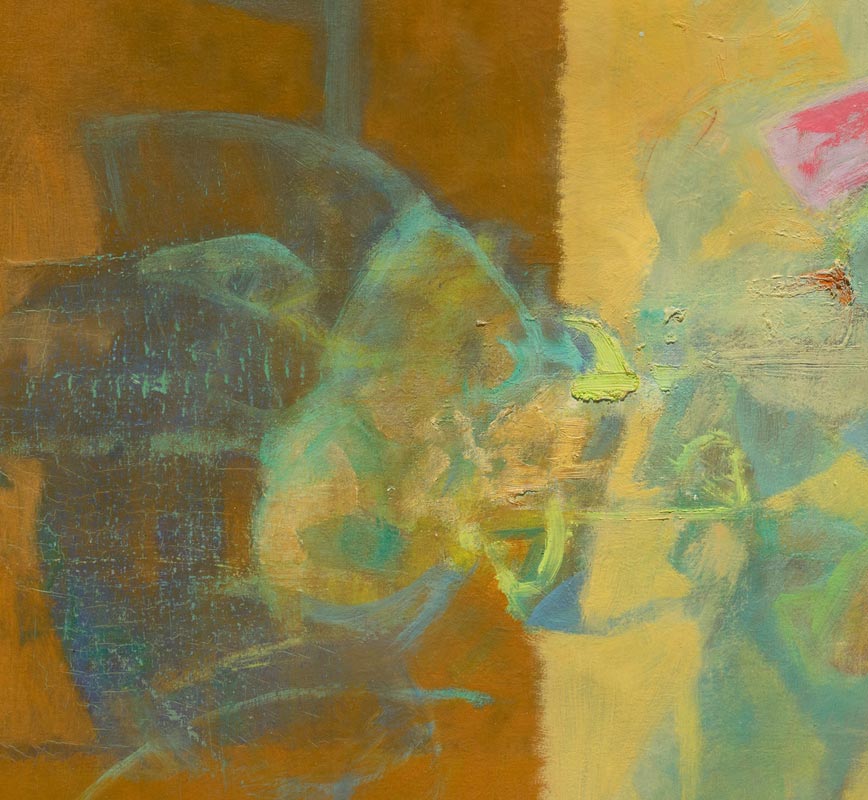
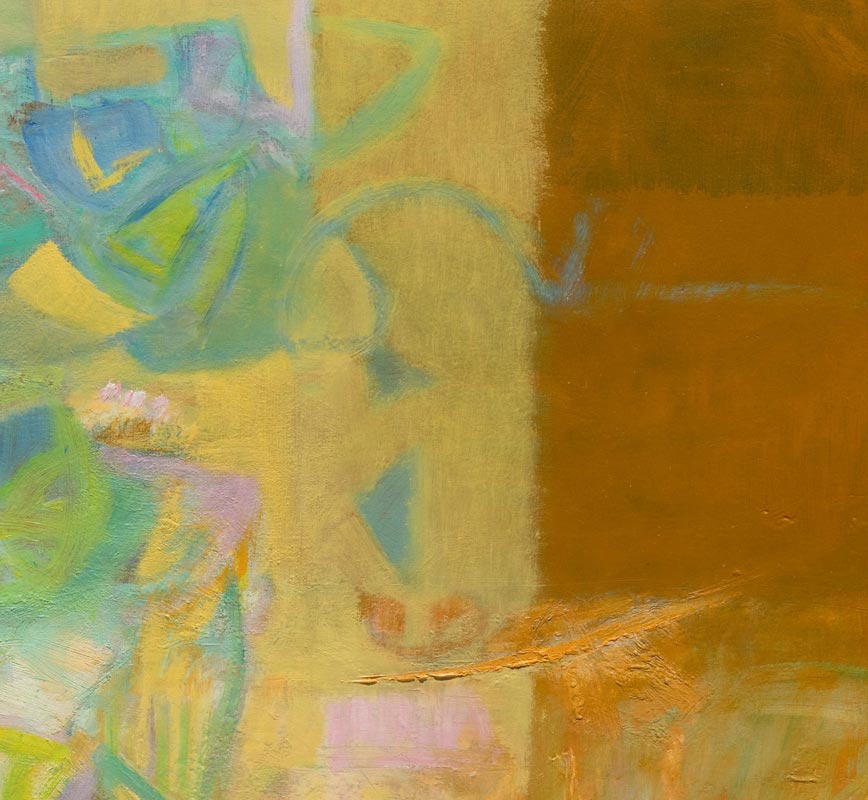
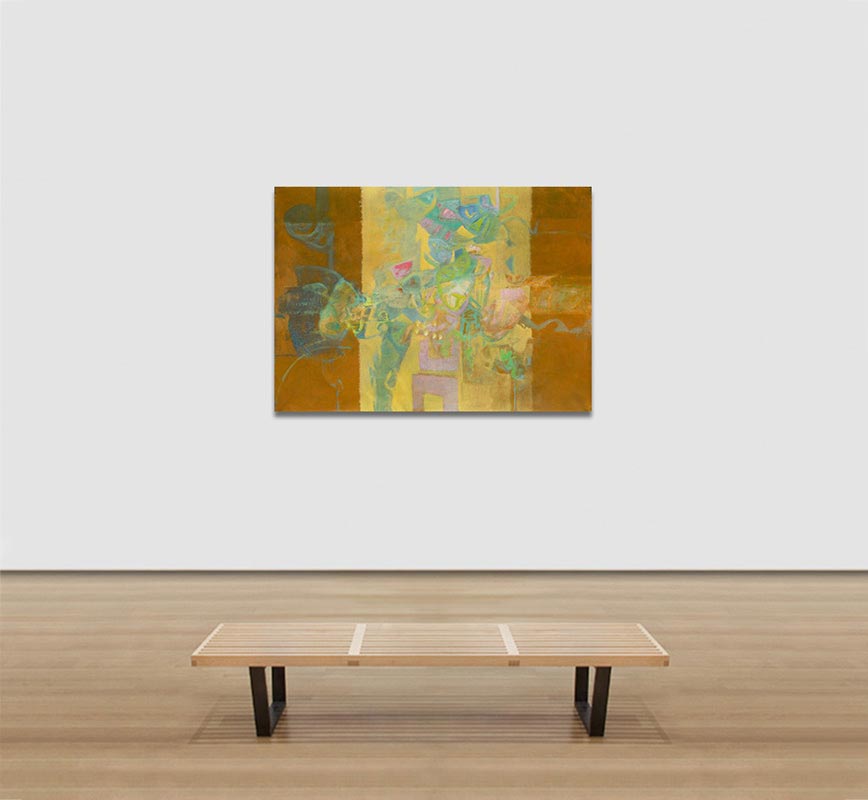
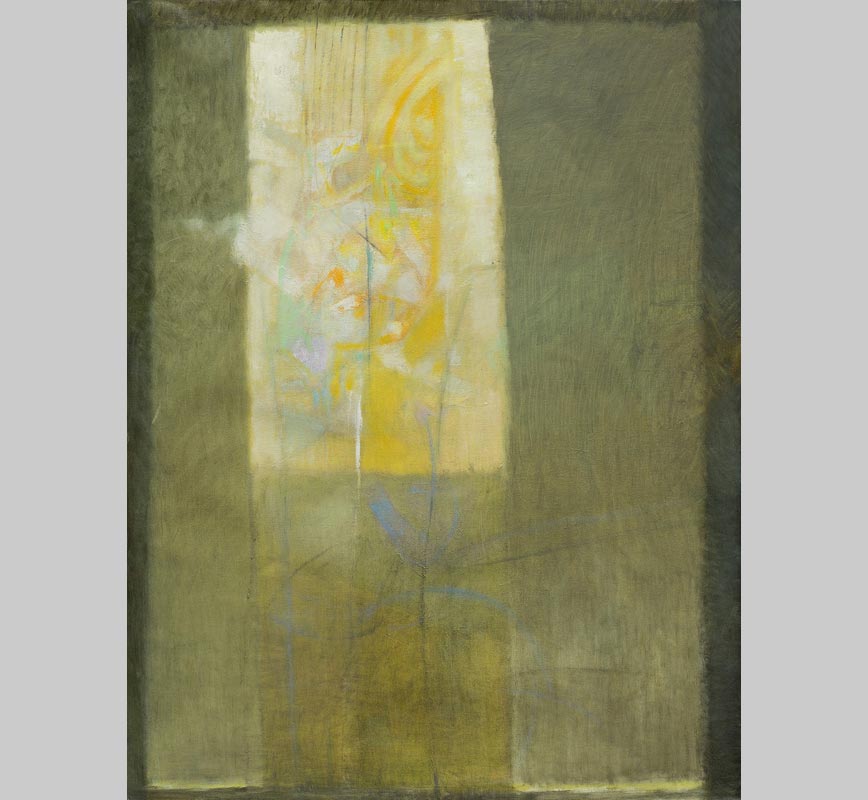
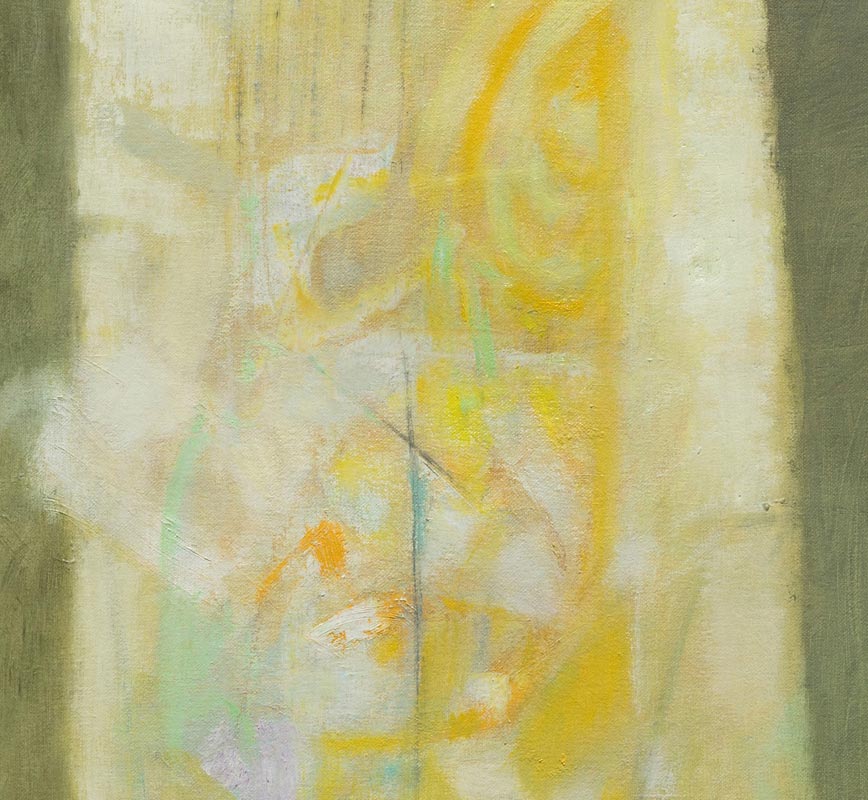
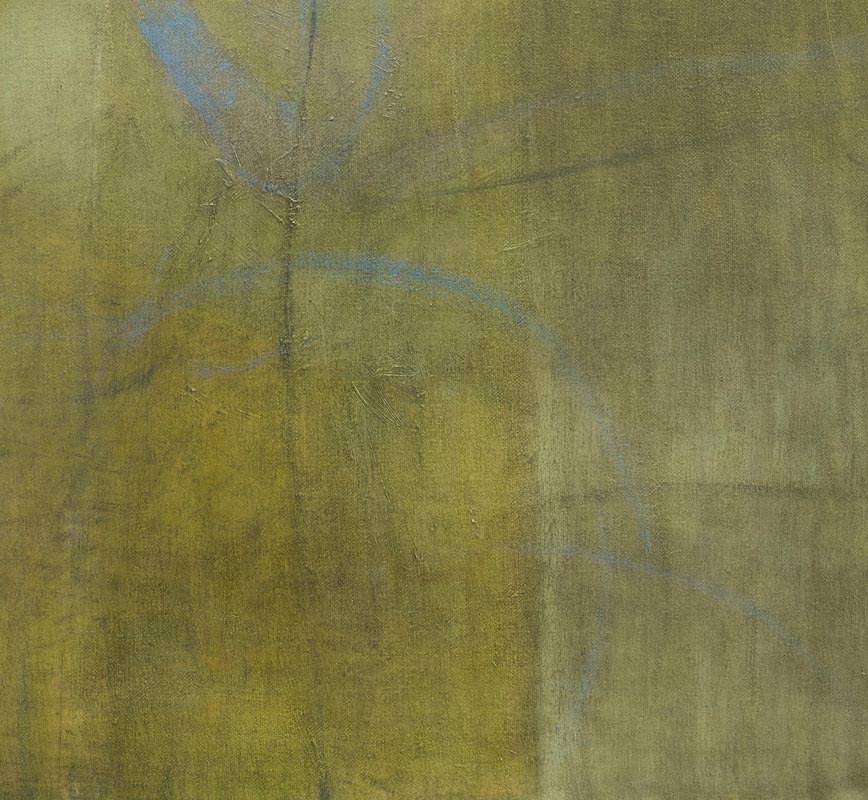
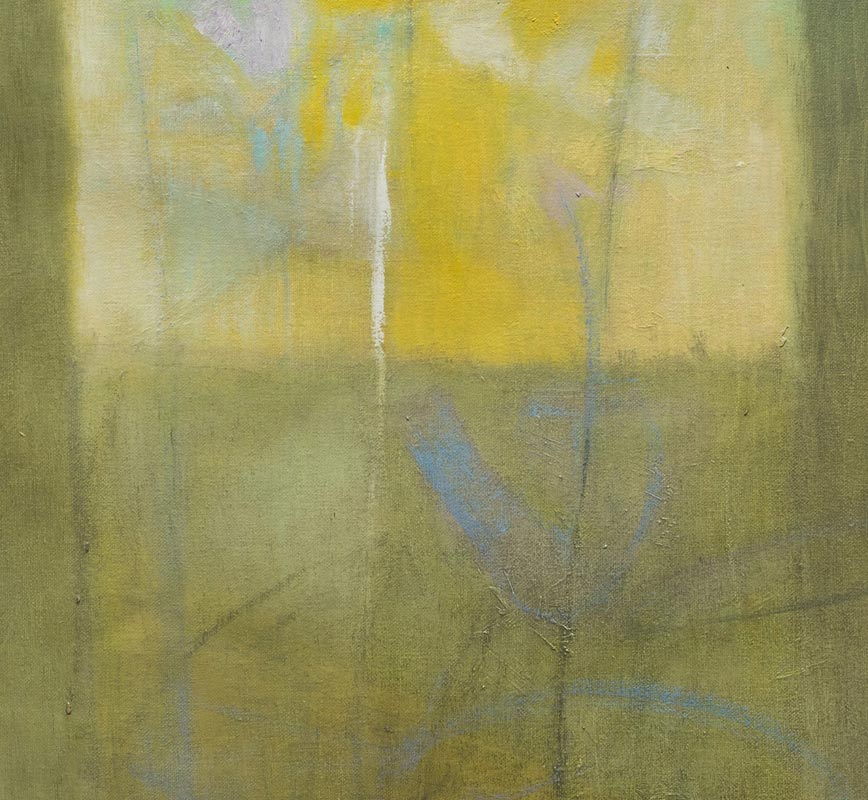
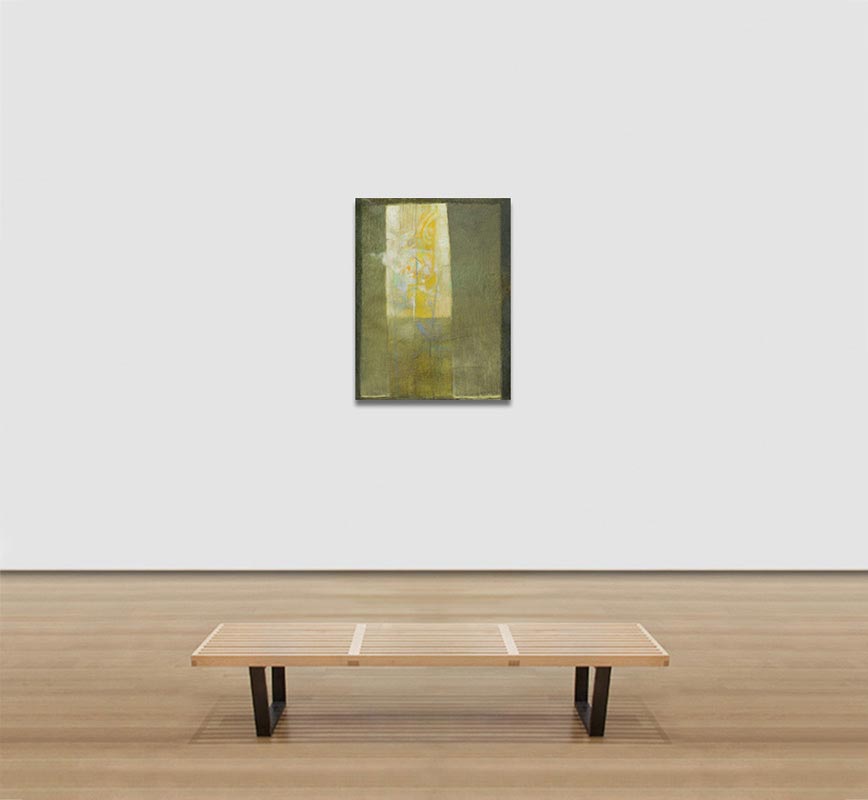
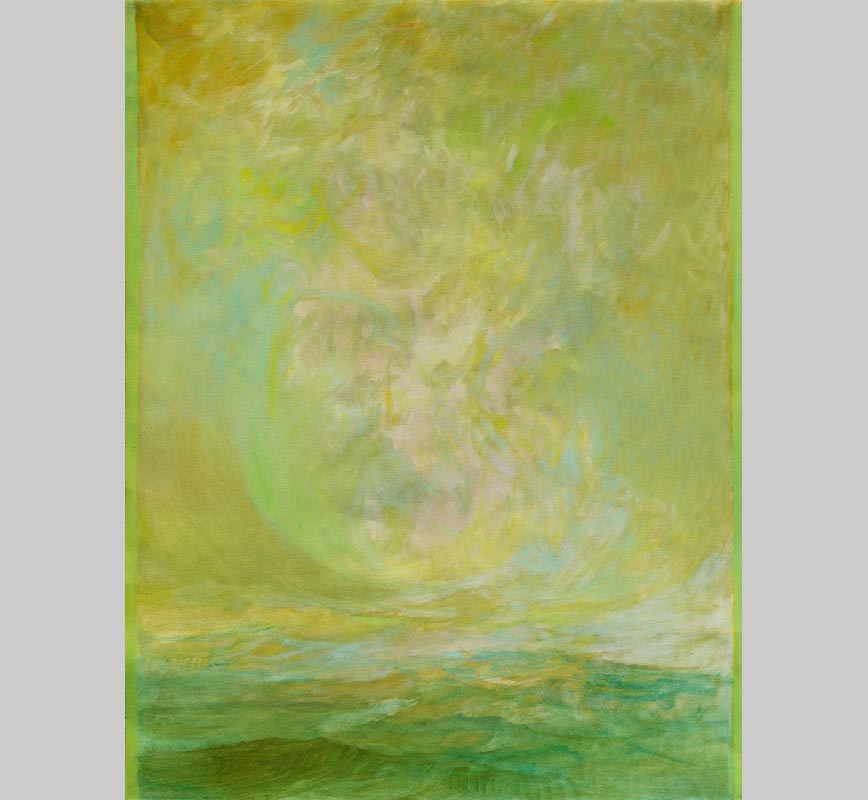
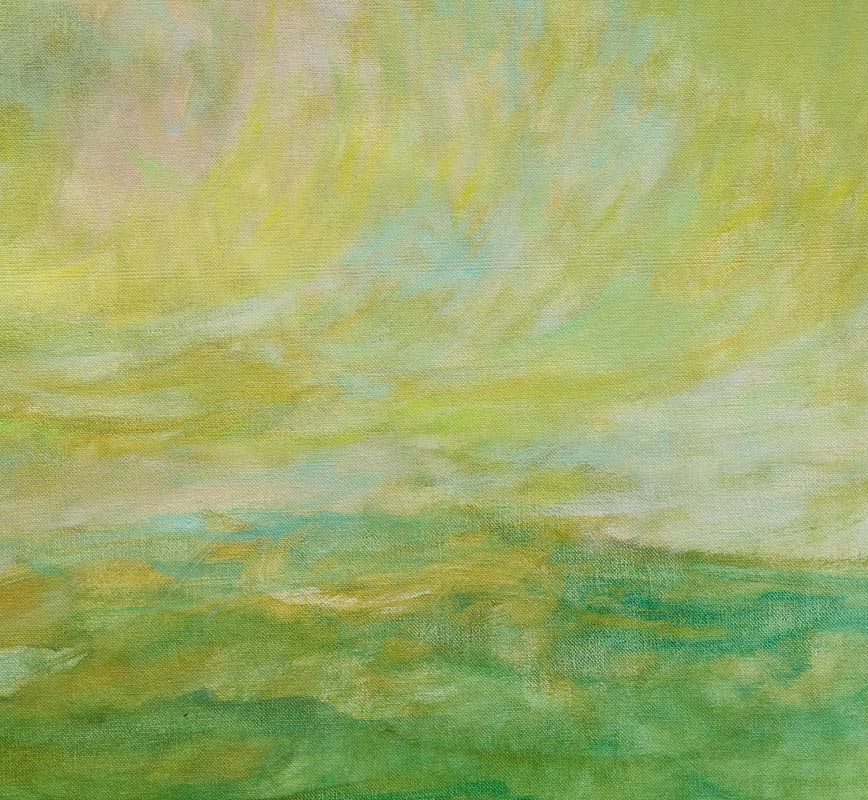
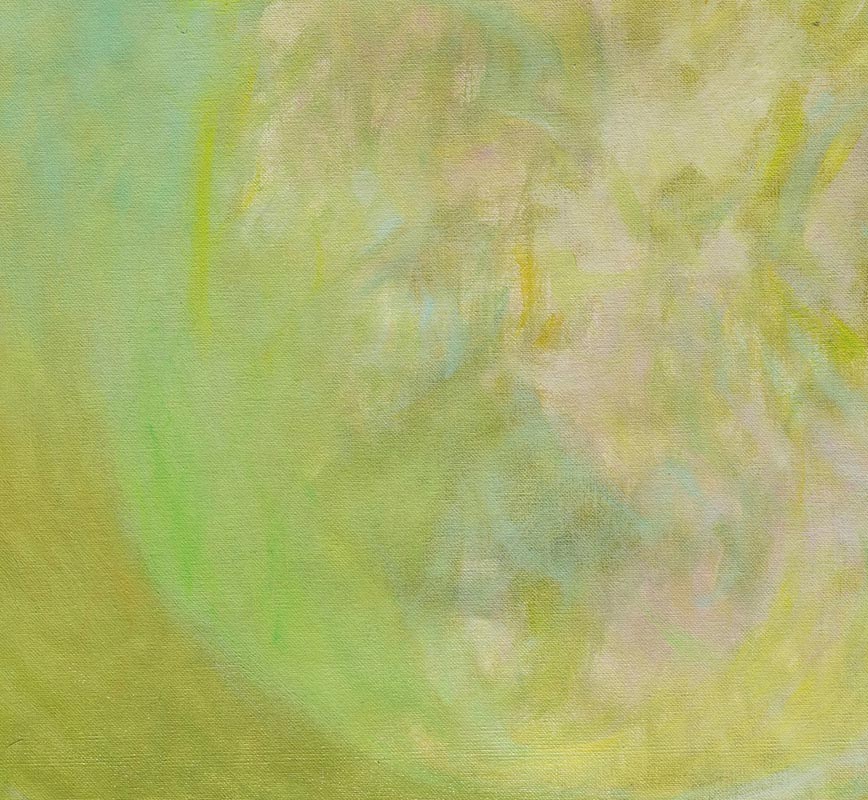
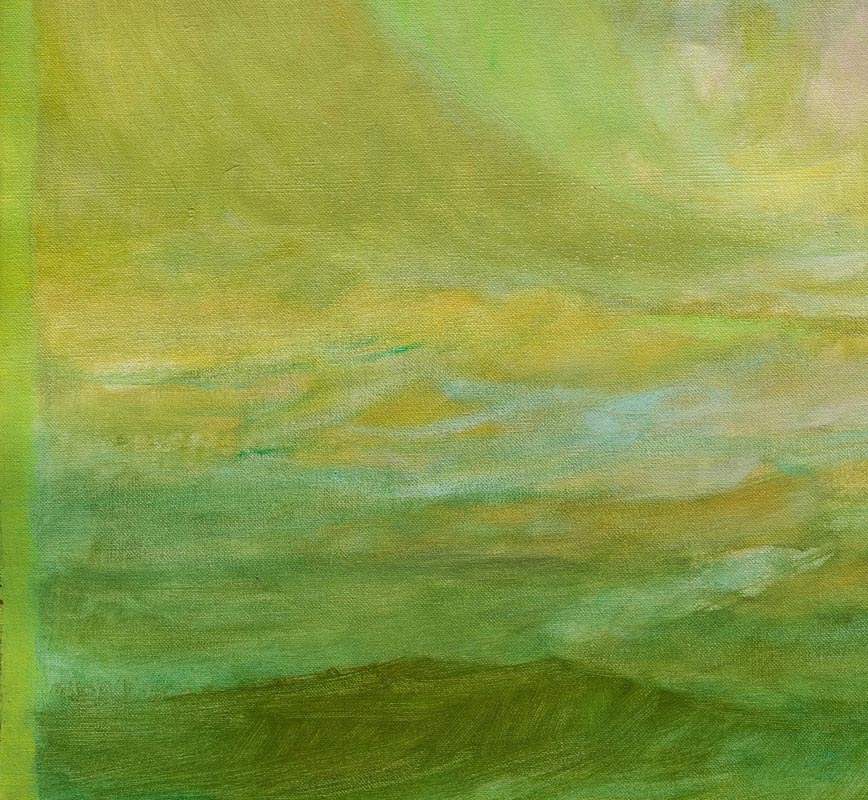
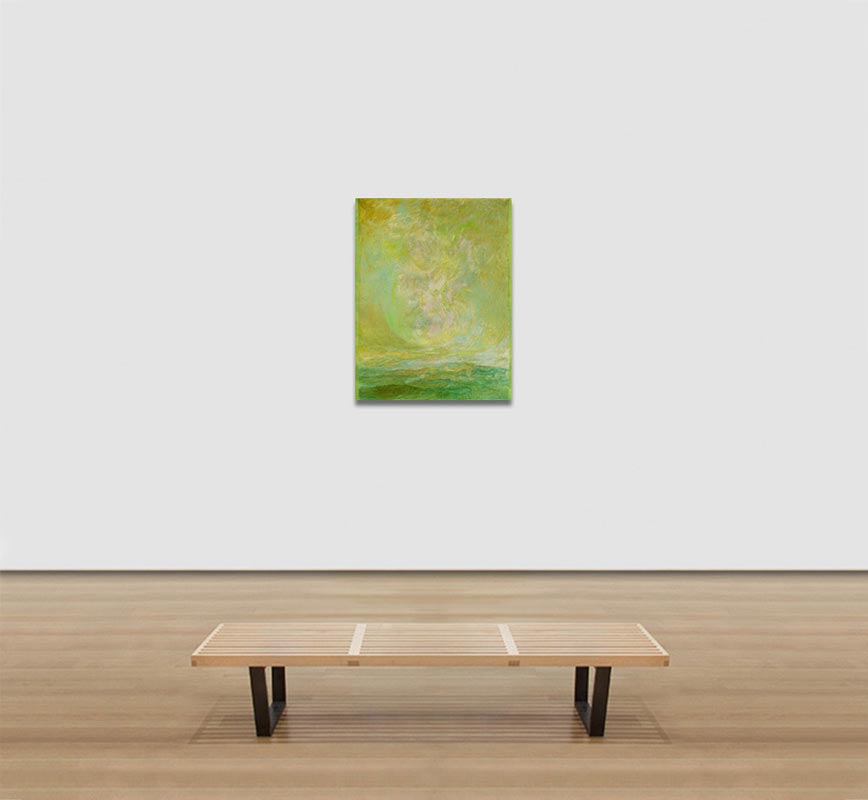
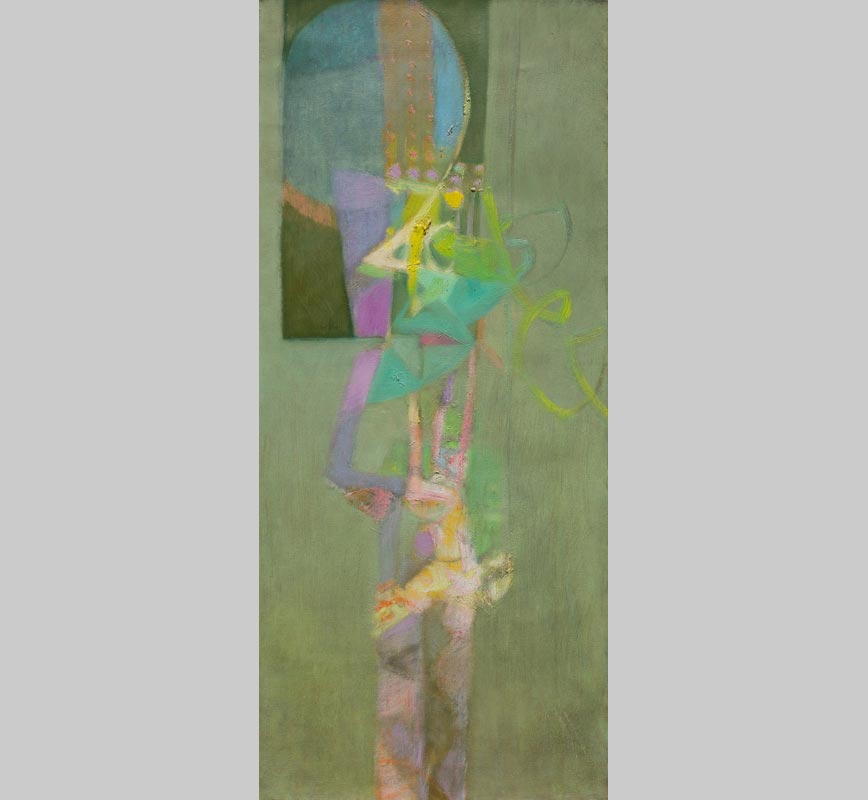
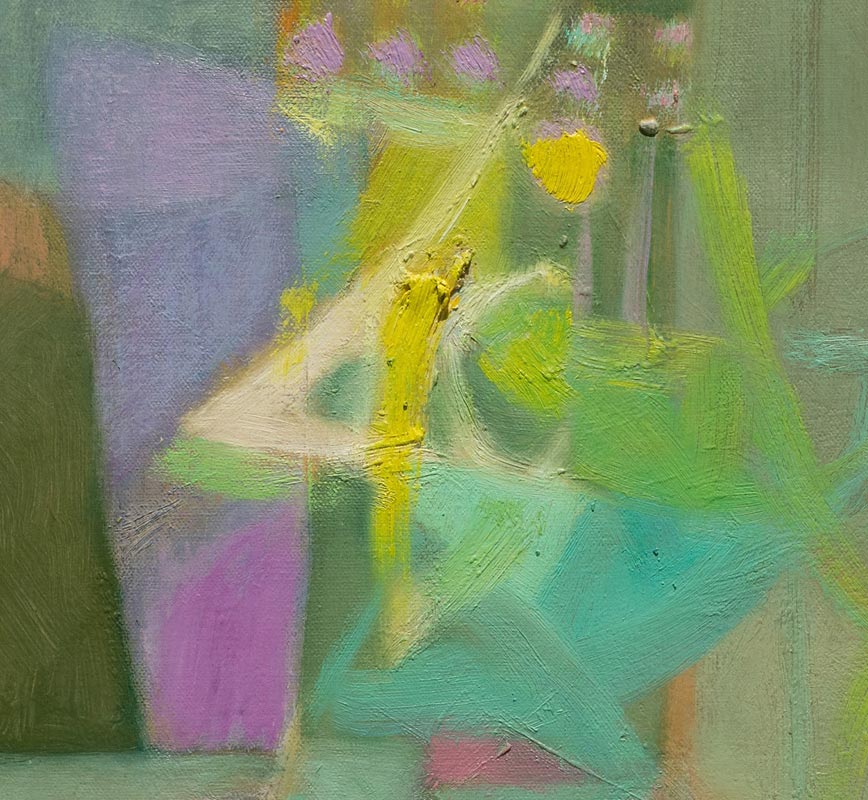
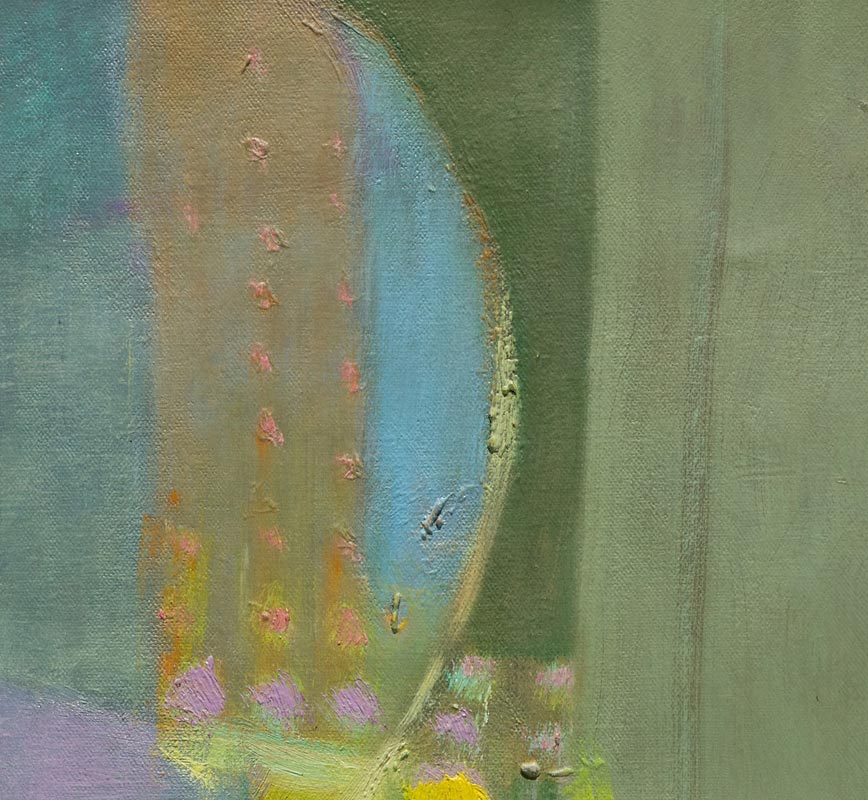
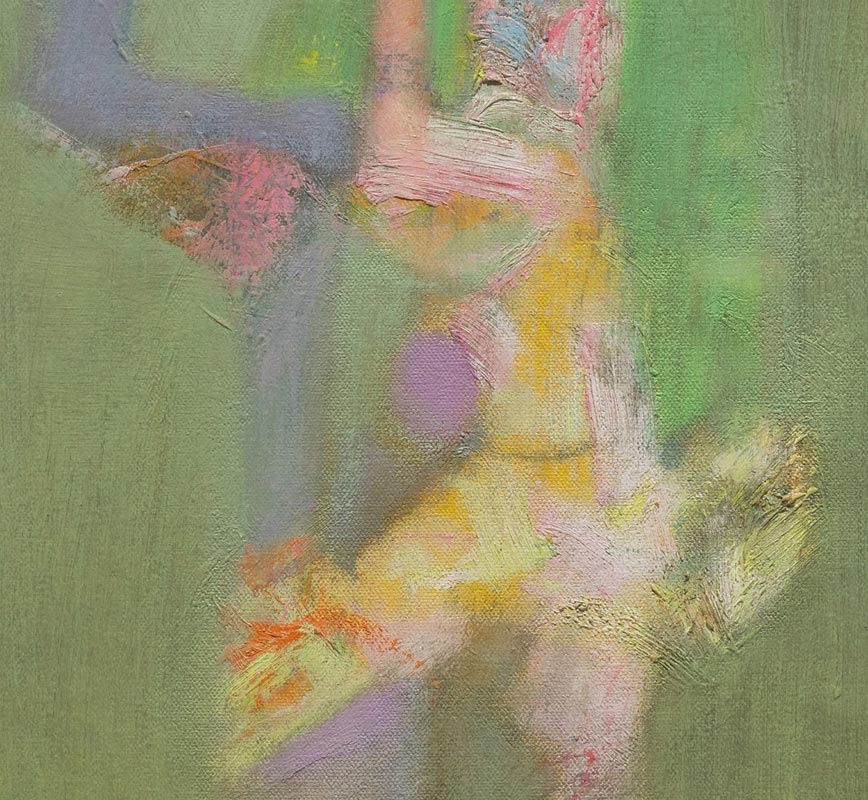
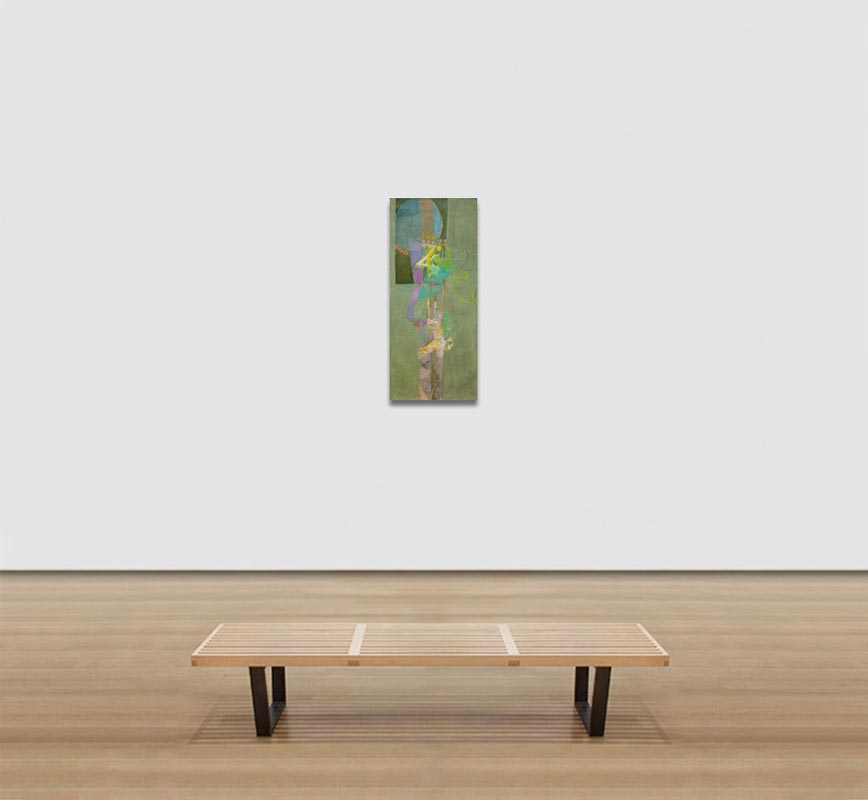
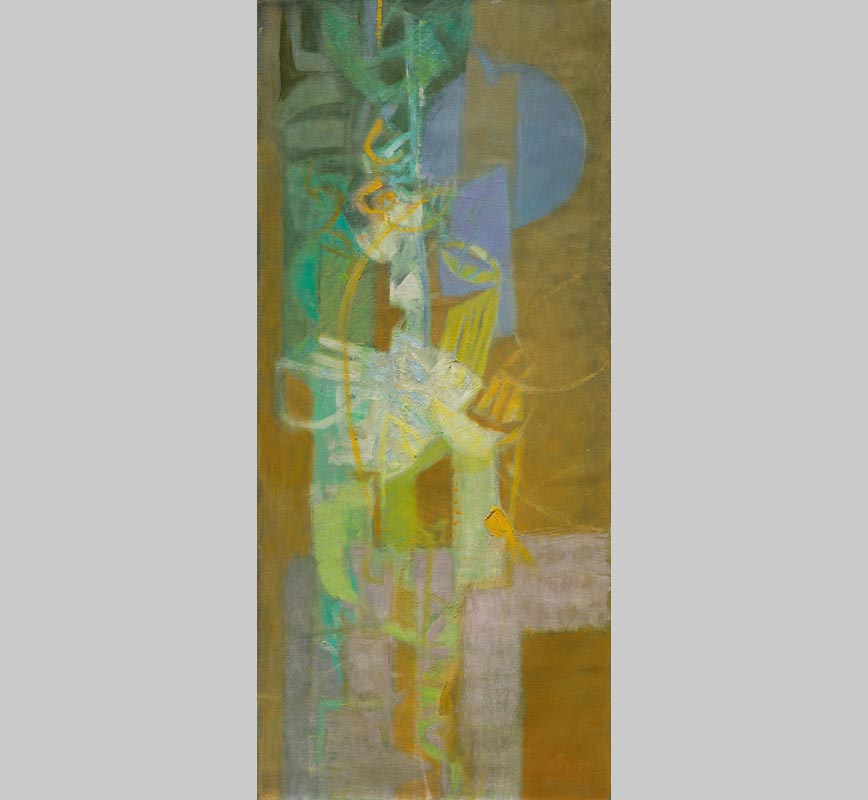
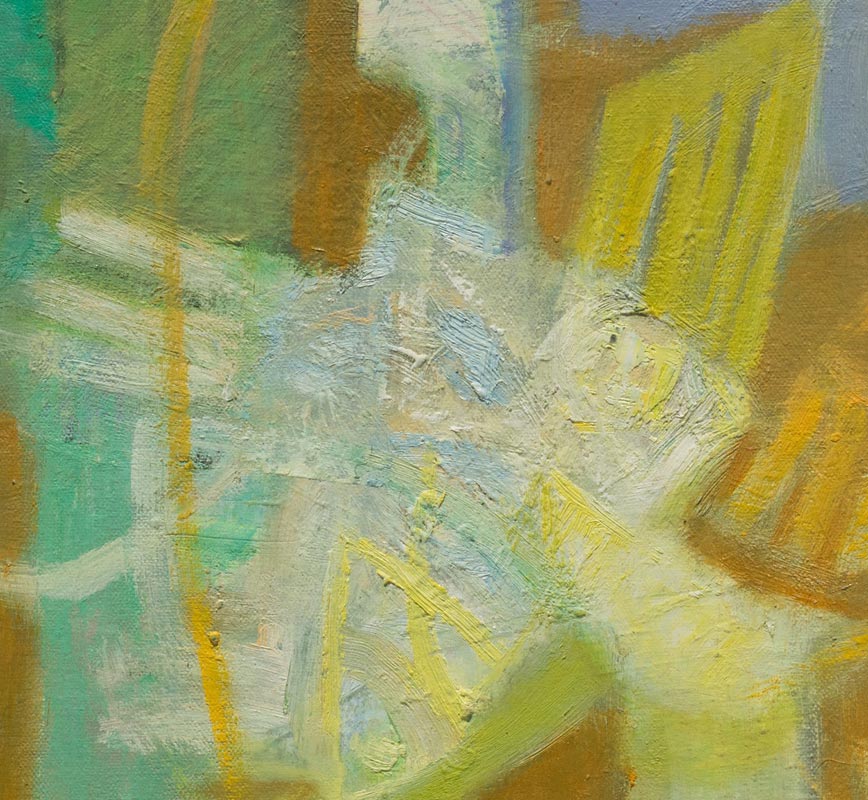
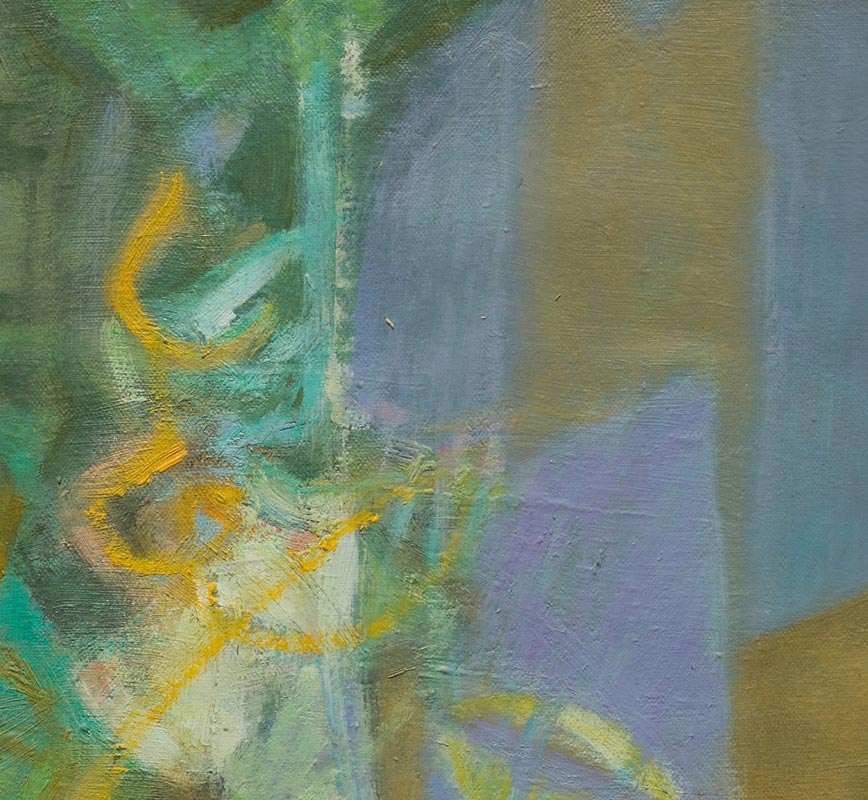
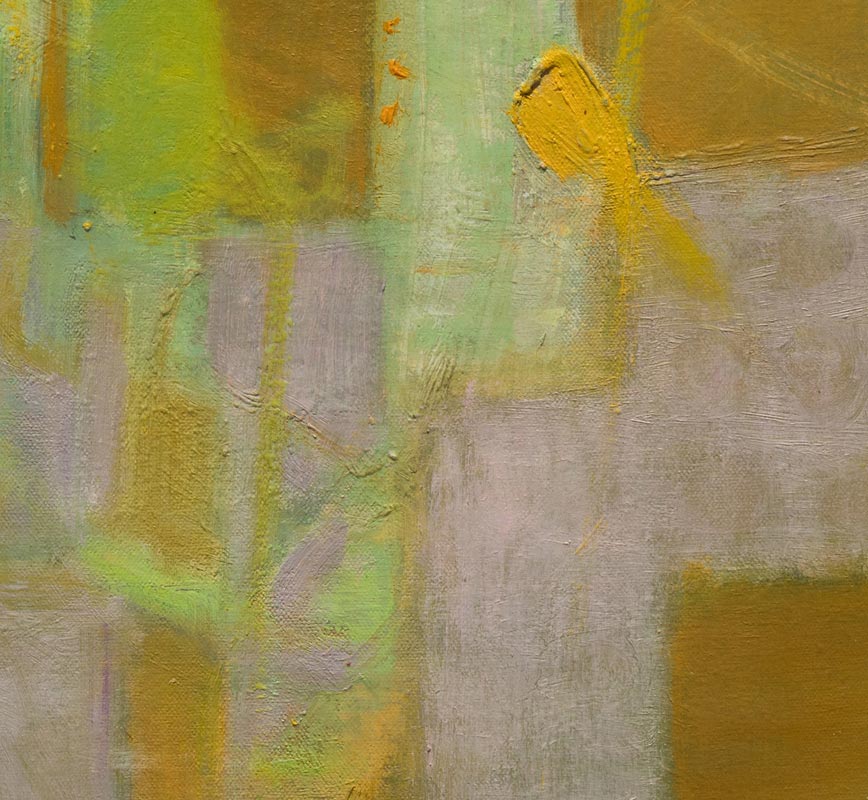
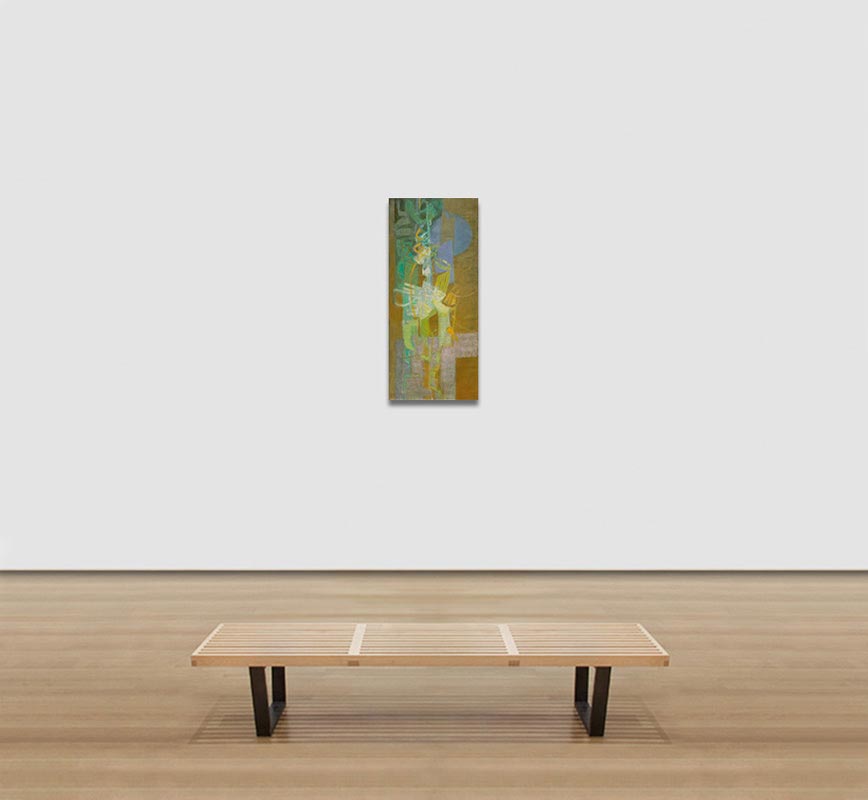
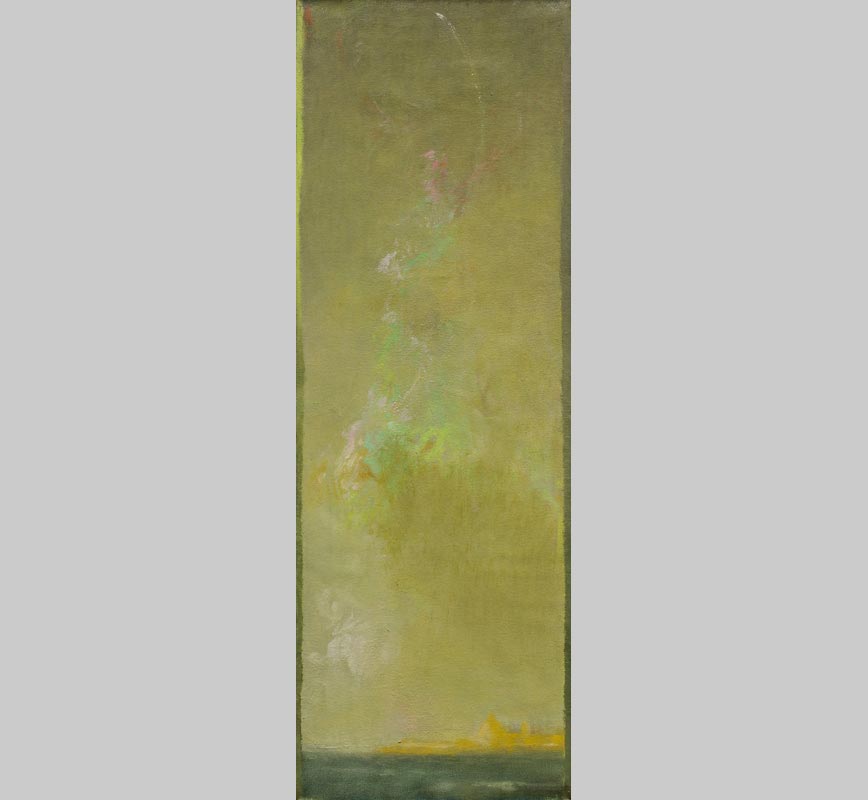
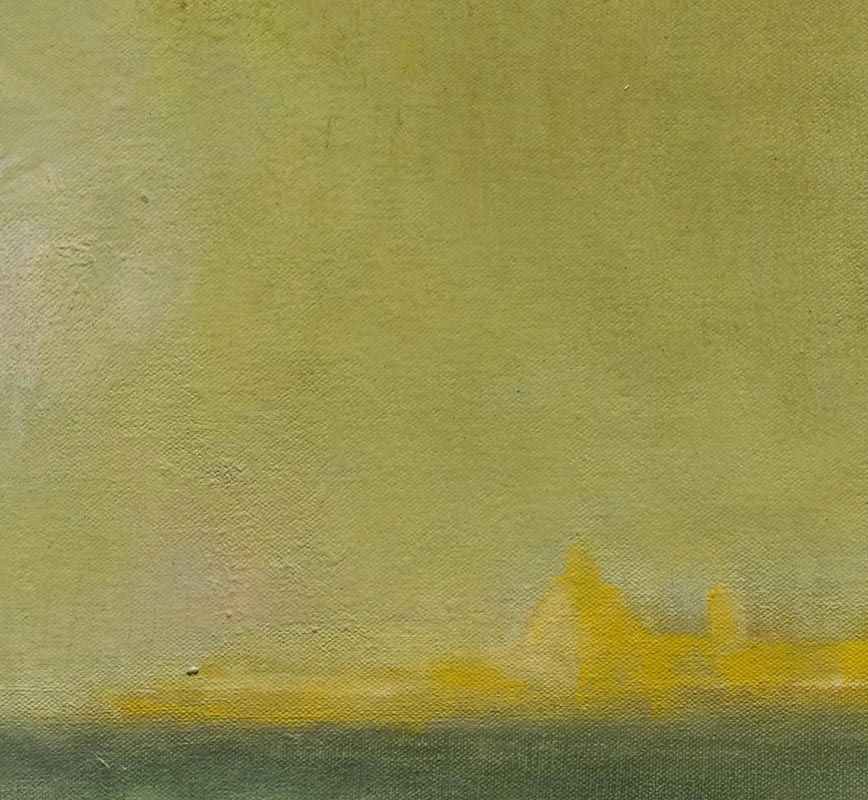
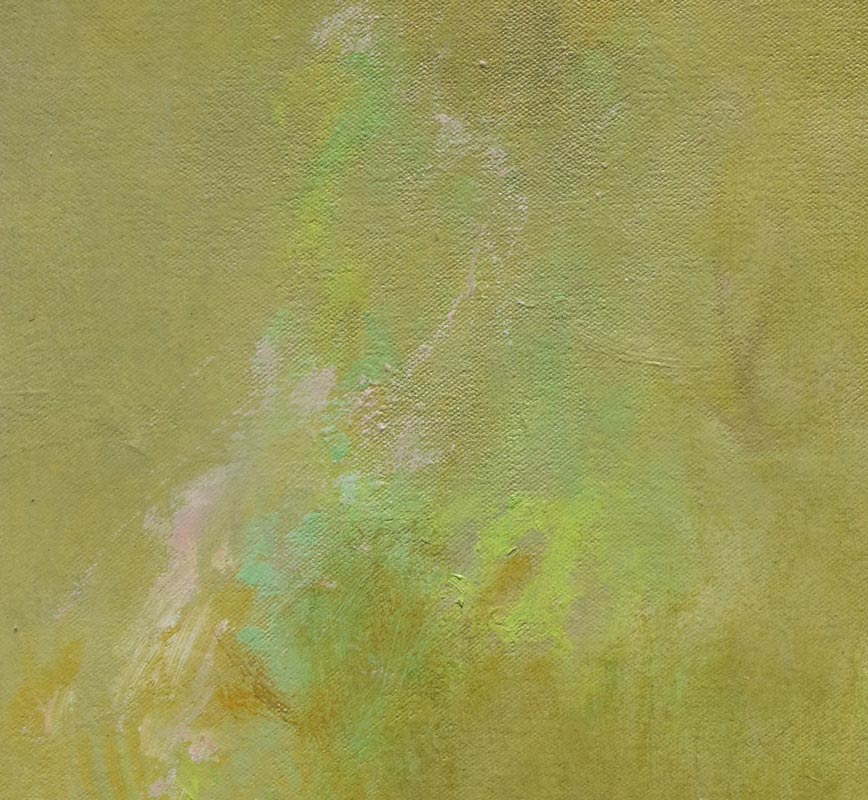
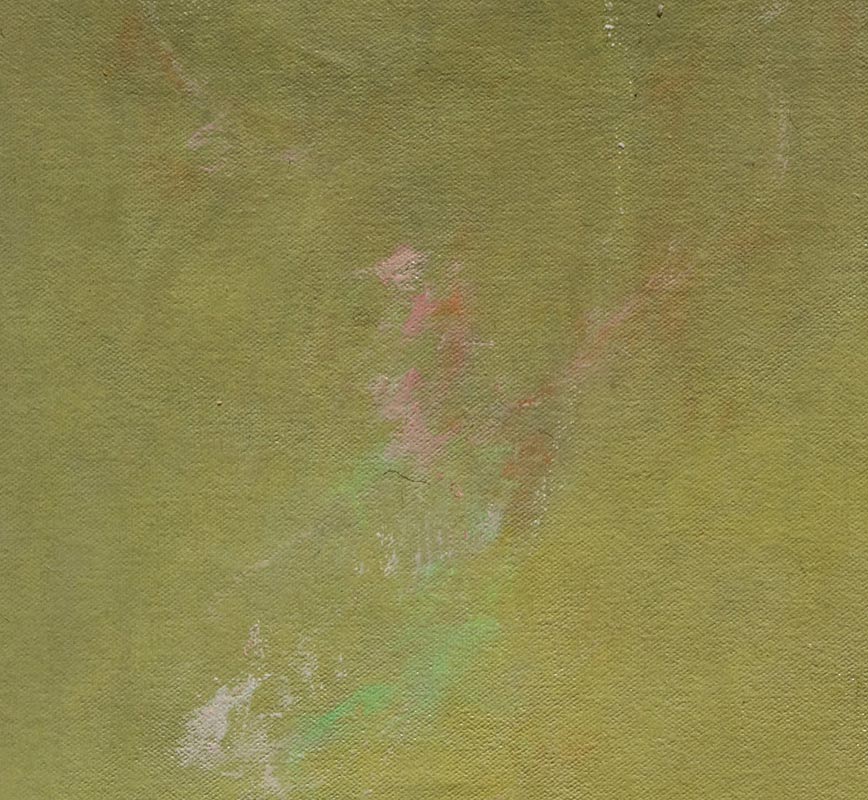
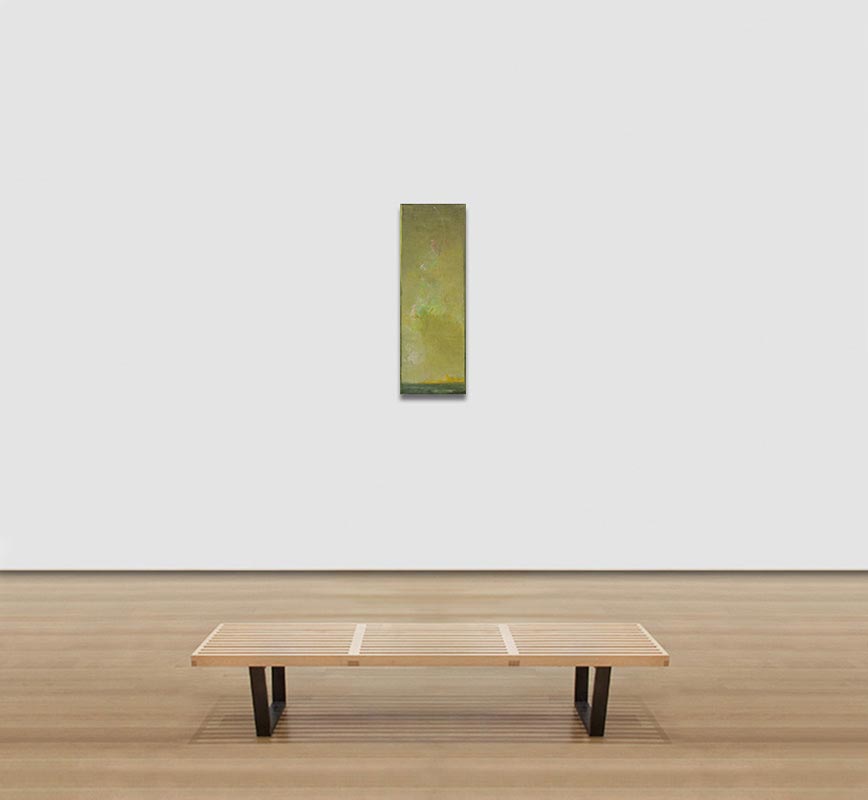
I rely on formal techniques while creating a new language. The time it takes oil paint to dry allows the blending of colors, creation of shades, and tones that juxtapose contrasting colors without breaking the atmosphere. Form and movement emerge from color in the same way dance is natural to music.
Alfredo Aya’s paintings navigate the delicate boundary between post-impressionism and abstraction. His palette is vivid and pastel-like, informed by the tropical landscapes and seashores of his beloved Colombia. Aya was born in Paris, where he lived until his early twenties, beginning his painting carrier immersed in the artistic work of modern French masters. His most figurative paintings share similarities to Post-Impressionist artists like Paul Gaugin, especially in the choice of colors and a synthetist style. In his most abstract paintings, Aya combines geometric and biomorphic shapes defined by soft pastel colors, reminiscent of the spatial composition of surrealist South American painter Roberto Matta and the dreamy creations of French Post-Impressionist artist Emile Bernard. Aya writes, “Form and movement emerge from color in the same way dance is natural to music.”